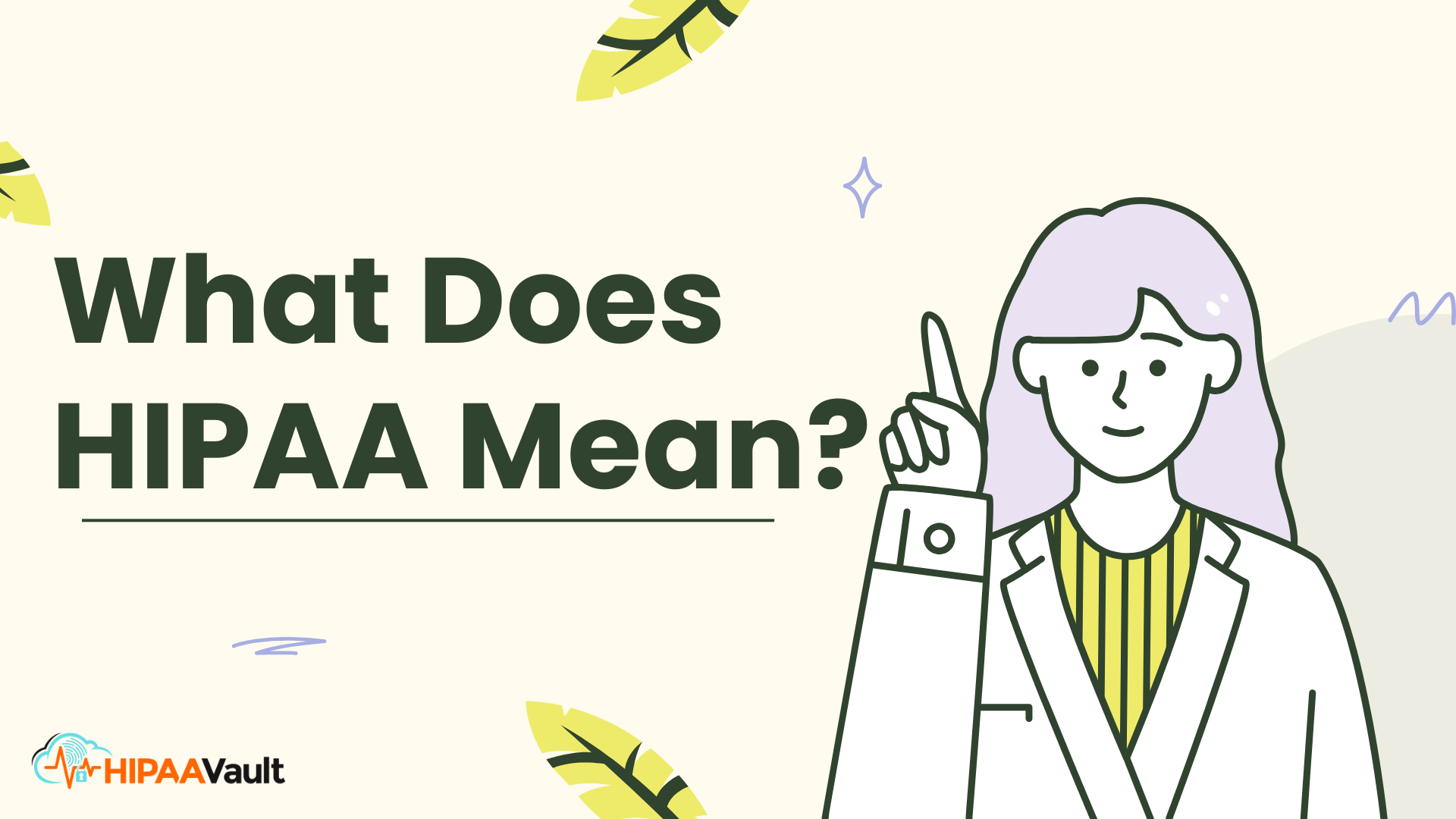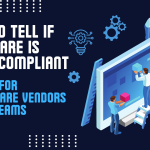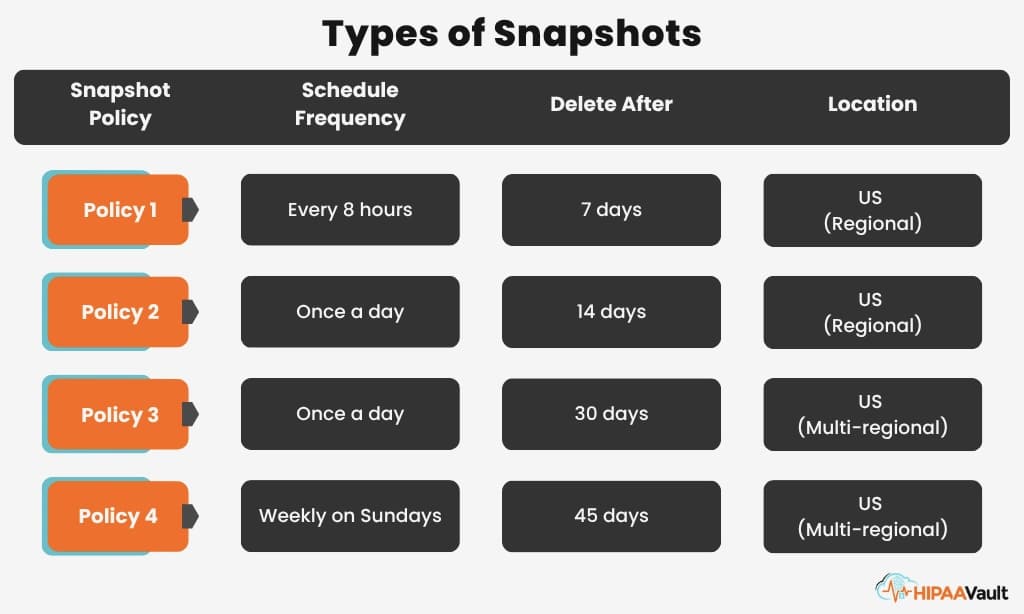What does HIPAA mean? The Health Insurance Portability and Accountability Act (HIPAA) is a foundational U.S. law passed in 1996 to protect patient health information and ensure its secure handling by healthcare entities. From the forms you fill out at a clinic to the secure portals used for telehealth, HIPAA governs how sensitive health data—known as Protected Health Information (PHI)—is created, stored, and shared.
As digital health tools and data systems evolve, understanding HIPAA becomes even more crucial. This guide breaks down the meaning of HIPAA, who it applies to, and how it safeguards privacy in the modern healthcare landscape.
What Is HIPAA? A Legal Overview
HIPAA was enacted to accomplish two primary objectives. First, it aimed to improve the portability of health insurance, particularly for individuals moving between jobs. Second, it introduced federal standards to secure and protect sensitive health information, especially as healthcare began transitioning to electronic records.
Signed into law by President Bill Clinton in 1996, HIPAA has since been expanded through additional rules to address the confidentiality, integrity, and availability of Protected Health Information (PHI). These include the HIPAA Privacy Rule, Security Rule, Breach Notification Rule, and Enforcement Rule.
📖 Learn more from the U.S. Department of Health and Human Services
What Is Protected Under HIPAA?
At its core, HIPAA protects any individually identifiable health information held or transmitted by a covered entity or business associate. This includes data that can reasonably identify an individual and relates to their health status, treatment, or payment for healthcare services.
Information like a patient’s name, address, Social Security number, diagnoses, test results, prescriptions, or insurance details all fall under PHI. Whether this information is shared electronically, in written form, or through verbal communication, HIPAA’s safeguards apply.
Even something as simple as a voicemail with test results or an email containing patient billing information must be handled in accordance with HIPAA rules to prevent unauthorized disclosure.
Key Rules That Define HIPAA Compliance
Understanding “what does HIPAA mean” requires a grasp of the main rules that make up the law:
The HIPAA Privacy Rule
The HIPAA Privacy Rule, enacted in 2000, establishes national standards for how PHI can be used and disclosed. It also provides patients with key rights, such as the ability to access and request corrections to their health records.
The HIPAA Security Rule
Effective since 2003, the Security Rule focuses specifically on safeguarding electronic PHI (ePHI). It requires organizations to implement three categories of protections: administrative, physical, and technical.
Administrative safeguards involve policy creation, employee training, and risk assessments. Physical safeguards include facility access controls and secure workstations. Technical safeguards require encryption, access control, and audit mechanisms.
The Breach Notification Rule
When a data breach involving unsecured PHI occurs, organizations must notify affected individuals, the Department of Health and Human Services (HHS), and sometimes the media. This transparency requirement ensures that patients are aware of threats to their data and can take protective action.
The Enforcement Rule
The Enforcement Rule empowers the Office for Civil Rights (OCR) within HHS to investigate complaints, conduct audits, and issue financial penalties. Penalties can range from $100 to $50,000 per violation, depending on the level of negligence.
Who Must Comply With HIPAA?
HIPAA applies to two main groups: covered entities and business associates. Covered entities include healthcare providers, health plans, and healthcare clearinghouses that transmit patient information electronically.
Business associates are vendors or subcontractors that handle PHI on behalf of a covered entity. This could include cloud service providers, billing companies, IT consultants, and other third parties that have access to patient data.
To ensure accountability, business associates must sign a Business Associate Agreement (BAA), committing to the same level of security and privacy as covered entities.
Why HIPAA Still Matters in 2025
HIPAA remains more relevant than ever in today’s digital-first healthcare environment. In 2023 alone, healthcare data breaches affected more than 133 million individuals, according to the HHS Breach Report. From ransomware attacks on hospitals to leaks through third-party vendors, the risk landscape continues to expand.
With the rise of telehealth, mobile health apps, and wearable devices, more PHI is generated and stored electronically. HIPAA’s security framework helps safeguard this data from unauthorized access or misuse, building trust between providers and patients.
The Cost of HIPAA Violations
Failure to comply with HIPAA can result in steep financial and reputational costs. Civil penalties can range from $100 to $50,000 per violation, capped annually at $1.5 million per category. In cases of willful neglect, criminal penalties and jail time are also possible.
Common violations include leaving sensitive files unsecured, failing to encrypt data, allowing unauthorized access, and not training employees on privacy protocols. Even delayed breach notification can trigger penalties under the Breach Notification Rule.
Staying compliant means proactively implementing safeguards, maintaining updated policies, and conducting regular audits and staff training.
Patients’ Rights Under HIPAA
HIPAA empowers patients by giving them rights over their personal health information. These rights include the ability to request copies of their medical records, ask for corrections, and receive a history of how their data has been shared.
Patients can also request limits on how their information is disclosed and can choose how they want to be contacted regarding their healthcare. If patients believe their rights have been violated, they have the right to file a complaint with the HHS Office for Civil Rights.
These protections help patients maintain control over their private health information and promote transparency in care.
Why Understanding HIPAA Is Crucial
Whether you’re a healthcare provider managing patient records or a software developer building a telehealth platform, understanding what HIPAA means is vital. It defines how sensitive data must be handled and establishes clear legal and ethical standards.
HIPAA compliance not only protects patients but also helps organizations build trust, avoid lawsuits, and qualify for partnerships with other healthcare players. In a highly regulated industry, HIPAA becomes both a shield and a seal of quality assurance.
Partnering with HIPAA Vault for Compliance-Ready Infrastructure
HIPAA Vault offers HIPAA-compliant hosting and managed services to help organizations maintain security without the complexity. Our cloud infrastructure comes equipped with access controls, data encryption, intrusion detection, and continuous monitoring.
We also provide signed Business Associate Agreements (BAAs) and compliance guidance to ensure our clients stay on track with federal regulations. From secure email and WordPress hosting to custom cloud solutions, HIPAA Vault makes compliance easier and more reliable.
📞 Contact us today to explore HIPAA-compliant solutions that match your digital health goals.








